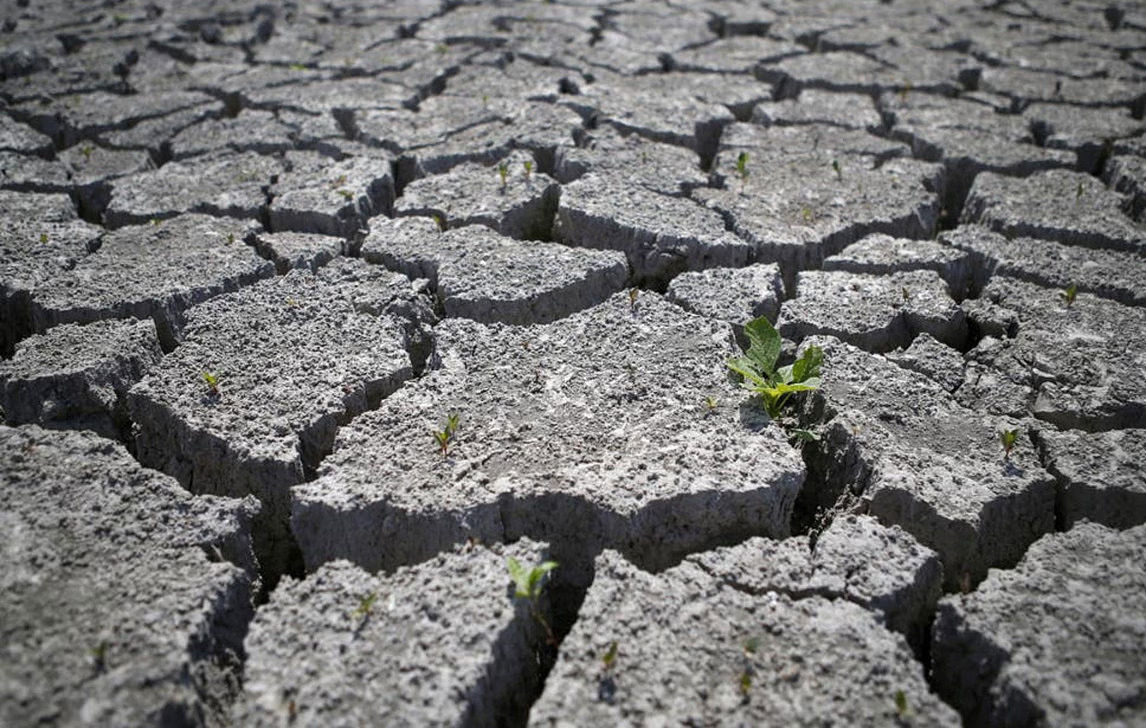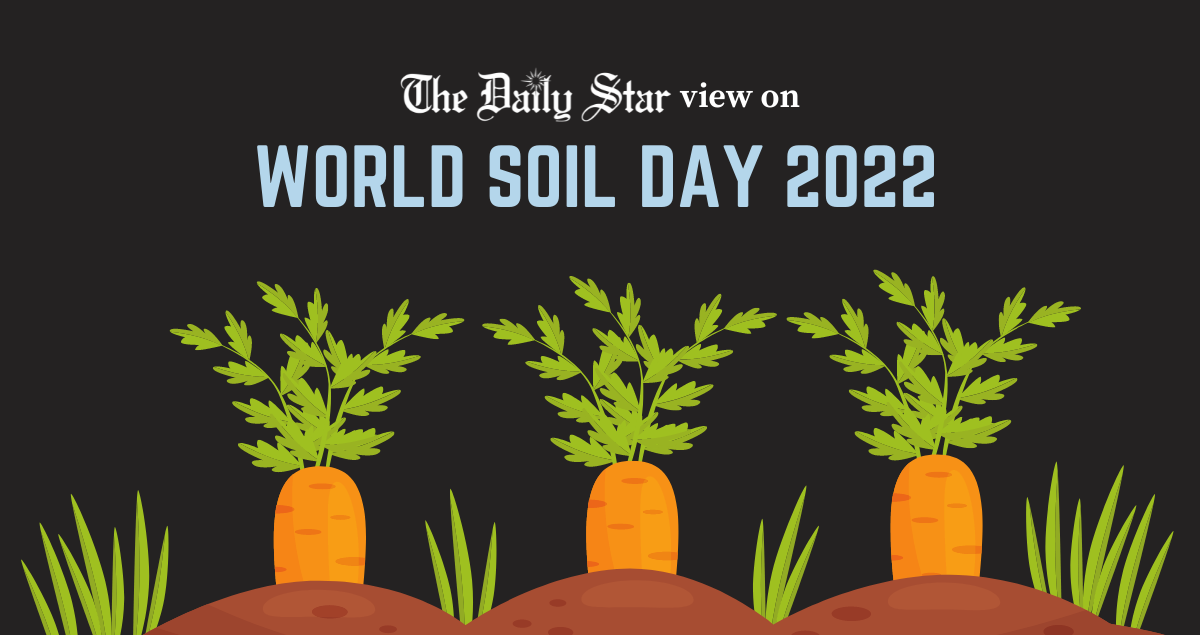Our soil is losing precious nutrients

In a country struggling with challenges on multiple fronts, soil health deterioration may seem like an insignificant issue. But the fact is, if left unaddressed, it can be just as challenging and impactful. Our food security, health and well-being all depend on soil to a large extent, yet our indifference to this issue has resulted in a massive degradation of soil quality.
According to a report by Prothom Alo, the health of 76 percent of the country's soil has deteriorated over the past decades. Every year, an average of 27,000 hectares of land are being degraded. Researchers have identified five major reasons behind it: deterioration of soil chemistry; soil erosion; lowering of water tables and drought; waterlogging and soil compaction; and loss of biodiversity. The question is: how do we address these factors?
With the ever-growing population, the pressure on Bangladesh's soil is also growing. In the 70s, rice production stood at 1.20 crore metric tonnes, but now it has increased to 3.8 crore metric tonnes. High production has been made possible by using modern varieties of paddy, smart irrigation methods, and also increasing use of fertilisers and pesticides. But this also caused the soil to lose necessary nutrients. A study conducted in 2020 found that 79 percent of our soil is deficient in essential organic matter, which is alarming. This means the food we are growing and eating also lacks necessary nutrients.
Besides, industrial pollution and topsoil removal are reducing the ability of soil to grow crops. Additionally, our soil is losing productivity due to acidification, which has affected 54.8 percent of the land, and arsenic contamination, which has affected 30 percent of the land. Then there is the increasing level of salinity in the soil of the coastal region.
What all this shows is the multidimensional threats facing our soil, and for that, we must prepare accordingly, on multiple levels. We urge the government and concerned departments to take this issue seriously and adopt a comprehensive national land use policy to save our soil from further deterioration.



 For all latest news, follow The Daily Star's Google News channel.
For all latest news, follow The Daily Star's Google News channel. 

Comments